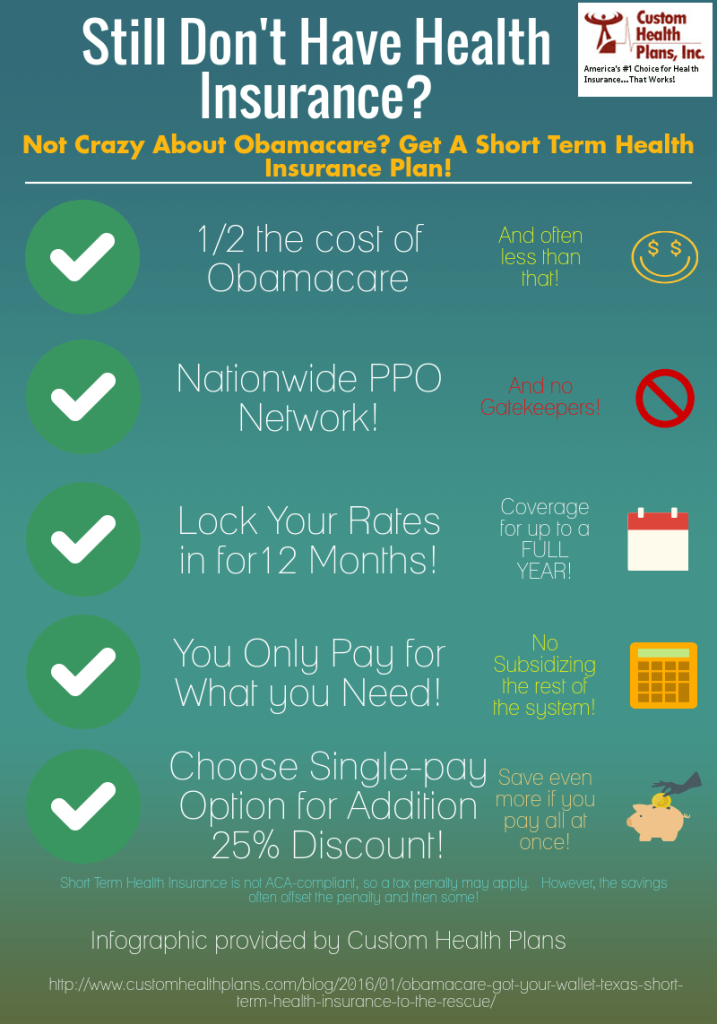Medicare Advantage Agent Fundamentals Explained
Medicare Advantage Agent Fundamentals Explained
Blog Article
Excitement About Medicare Advantage Agent
Table of Contents4 Easy Facts About Medicare Advantage Agent ShownSome Of Medicare Advantage AgentThe Facts About Medicare Advantage Agent UncoveredMedicare Advantage Agent - QuestionsHow Medicare Advantage Agent can Save You Time, Stress, and Money.An Unbiased View of Medicare Advantage Agent5 Simple Techniques For Medicare Advantage Agent

Health care protection aids you get the treatment you need and safeguards you and your family economically if you get ill or injured. View: Are you unexpectedly needing health and wellness insurance policy? All wellness intends need you to.
Medicare Advantage Agent Fundamentals Explained
pay some of the cost of your health careWellness
You'll additionally have a copayment if you most likely to the emergency situation space or see an expert. The quantities differ by strategy. is an amount you spend for a covered solution after you have actually met your deductible. It's normally a portion of the cost of the service. Your wellness plan may pay 80 % of the expense of a surgical treatment or medical facility keep.
The percentage you pay in coinsurance differs by strategy. You generally do not need to pay coinsurance in an HMO. Federal law establishes restrictions on the amount you pay out of pocket in a strategy year. Some plans have reduced out-of-pocket restrictions. After you get to the limitation, you do not need to pay copayments or coinsurance for the remainder of the plan year.
The 45-Second Trick For Medicare Advantage Agent

The 4 types are: HMO plans. Special company (EPO) strategies. Preferred company (PPO) plans. Point-of-service strategies. All four types are taken care of treatment strategies. This implies they agreement with doctors and various other healthcare service providers to treat their participants at discounted rates. These providers comprise a plan's network. Handled care strategies restrict your selection of doctors or urge you to make use of physicians in their networks.
The plans differ in the level to which you can make use of doctors outside the network and whether you must have a doctor to manage your treatment. You should utilize carriers in the HMO's network. If you don't, you might have to pay the complete price of your care on your own. There are exceptions for emergencies and if you require treatment that isn't offered in the network. Medicare Advantage Agent.
You'll additionally have a copayment if you most likely to the emergency clinic or see a specialist. The amounts vary by strategy. is an amount you spend for a covered solution after you have actually fulfilled your deductible. It's normally a percent of the expense of the service. As an example, your health and wellness strategy could pay 80 % of the expense of a surgical procedure or medical facility stay.
Unknown Facts About Medicare Advantage Agent
The portion you pay in coinsurance differs by strategy. You usually don't need to pay coinsurance in an HMO. Federal regulation sets restrictions on the amount you pay of pocket in a strategy year. Some plans have lower out-of-pocket limitations. After you reach the limit, you do not have to pay copayments or coinsurance for the remainder of the strategy year.
A strategy year is the 12-month period from the day your insurance coverage started - Medicare Advantage Agent. There are 4 kinds of major medical health and wellness strategies in Texas.
The four types are: HMO plans. Exclusive company (EPO) strategies. Preferred supplier (PPO) plans. Point-of-service strategies. All four kinds are managed treatment plans. This implies they contract with physicians and other health treatment service providers to treat their members at affordable rates. These companies make up a plan's network. Handled treatment strategies restrict your choice of medical professionals or encourage you to make use of doctors in their networks.
The plans differ in the level to which you can use doctors outside the network and whether you need to have a doctor to oversee your care. You must make use of carriers in the HMO's network. If you do not, you may have to pay the complete expense of your care yourself. There are exceptions for emergency situations and if you need treatment that isn't readily available in the network.
A Biased View of Medicare Advantage Agent
You'll likewise have a copayment if you most likely to the emergency situation space or see an expert. The amounts differ by plan. is a quantity you pay for a covered service after you have actually satisfied your insurance deductible. It's generally a percentage of the cost of the solution. For instance, your health and wellness plan may pay 80 % of the cost of a surgery or medical facility stay.

The portion you pay in coinsurance varies by strategy. see it here You typically do not have to pay coinsurance in an HMO. Federal law sets restrictions on the quantity you pay out of pocket in a plan year. Some strategies have reduced out-of-pocket limits. After you reach the limit, you do not have to pay copayments or coinsurance for the remainder of the strategy year.
A plan year is the 12-month period from the date your insurance coverage started. There are four kinds of major clinical health plans in Texas.
Special company (EPO) plans. All four types are taken care of care strategies. Managed care plans limit your selection of physicians or urge you to utilize doctors in their networks.
Get This Report on Medicare Advantage Agent
The strategies differ in the level to which you can make use of physicians outside the network and whether you should have a doctor to oversee your care. You need to use service providers in the HMO's network. If you do not, you might need to pay the full price of your care yourself. There are exceptions for emergencies and if you need care that isn't offered in the network.
You'll likewise have a copayment if you most likely to the emergency room or see an expert. The quantities differ by strategy. is an amount you pay for a covered service after you've satisfied your deductible. It's typically a percent of the cost of the service. For instance, your health insurance plan may pay visit homepage 80 % of the cost of a surgical procedure or hospital remain.
The portion you pay in coinsurance differs by strategy. You generally do not need to pay coinsurance in an HMO. Federal legislation establishes limits on the quantity you pay out of pocket in a strategy year. Some plans have lower out-of-pocket restrictions. After you reach the restriction, you do not have to pay copayments or coinsurance for the remainder of the strategy year.
A strategy year is the 12-month duration from the date your protection began. For example, if your coverage started on September 1, your strategy year lasts till August 31. Discover more: How to save cash at the physician Care alternatives and costs There are 4 types of significant clinical wellness plans in Texas.
Everything about Medicare Advantage Agent
Exclusive service provider (EPO) strategies. All 4 kinds are taken care of care plans. Handled care strategies limit your selection of physicians or motivate you to make use use this link of doctors in their networks.
The plans differ in the extent to which you can utilize doctors outside the network and whether you have to have a doctor to oversee your treatment. You should make use of suppliers in the HMO's network. If you do not, you might need to pay the complete cost of your treatment on your own. There are exceptions for emergencies and if you require care that isn't available in the network.
Report this page